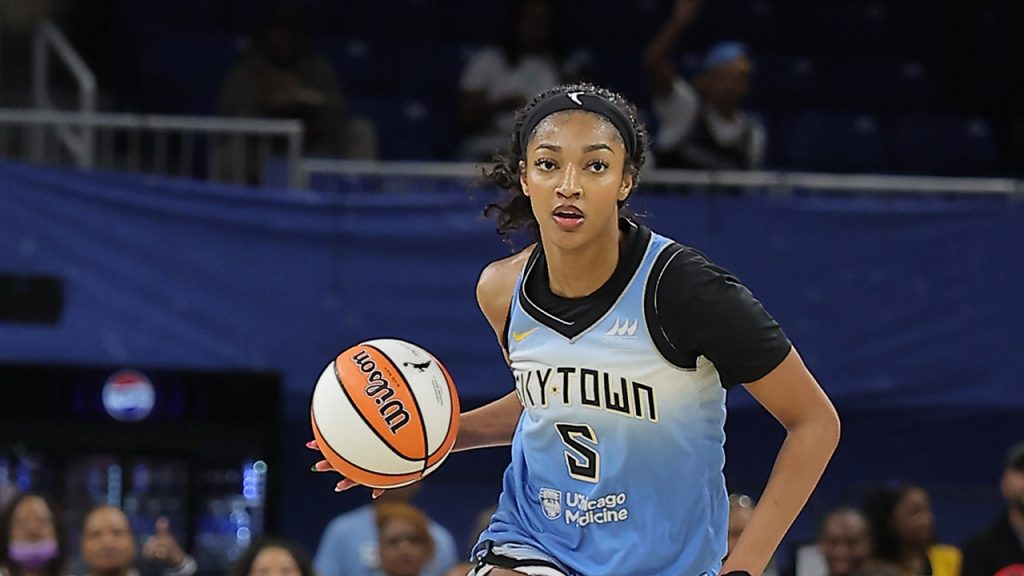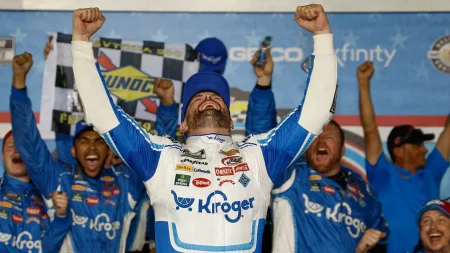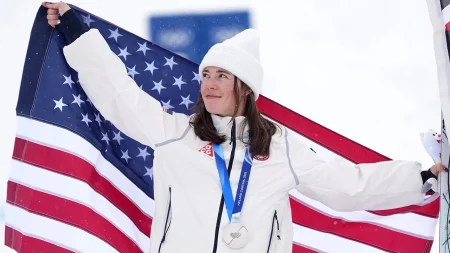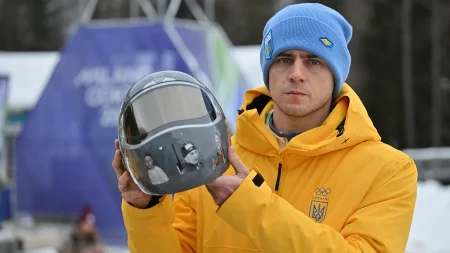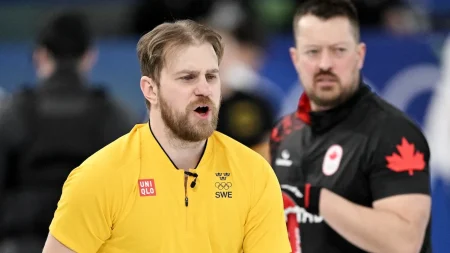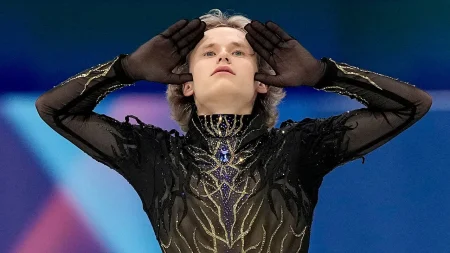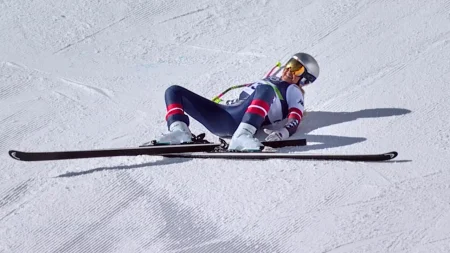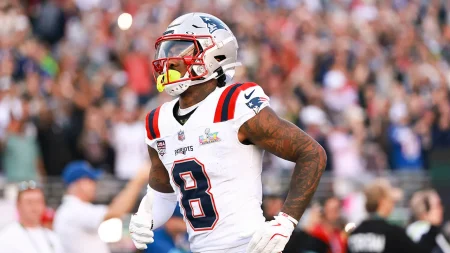Angel Reese Opens Up About Media Fears and Public Perception
In a candid episode of her podcast “Unapologetically Angel,” WNBA star Angel Reese revealed her deep-seated anxiety about interacting with the media. “Even before the game, I’m terrified of what the media is about to ask,” Reese admitted, expressing how even innocuous questions can be reframed in ways that misrepresent her intentions. Her apprehension has reached such levels that she confessed she would sometimes prefer paying fines rather than participating in mandatory media sessions. “Seriously, I’d rather take the fine sometimes than talking to the media because it always gets flipped,” she explained, highlighting the vulnerability she feels in an environment where her words are constantly scrutinized. This fear stems from a pattern she’s observed where her statements, regardless of content, seem to generate controversy through what she perceives as deliberate misinterpretation.
Reese’s complicated relationship with the media began prominently during the 2023 NCAA women’s basketball national championship, when her LSU Tigers defeated Caitlin Clark’s Iowa Hawkeyes. The moment when Reese pointed to her ring finger in Clark’s direction became a flashpoint that catapulted her into the spotlight as a polarizing figure in women’s basketball. Since then, she has remained at the center of numerous controversies, with her statements frequently becoming headline material. The intensity of public attention has created a situation where Reese feels her words are perpetually under a microscope, making every interview a potential minefield. This heightened scrutiny has apparently reinforced her wariness about engaging with reporters, as she struggles with how her perspective is presented to the public.
The consequences of this media dynamic became particularly evident in September, when comments Reese made to the Chicago Tribune about her team’s performance generated significant backlash. After a disappointing 10-34 season that left the Chicago Sky in last place, Reese told the Tribune: “I’m not settling for the same s— we did this year. We have to get good players. We have to get great players.” She even suggested she might “have to move in a different direction” if things didn’t improve. These frank assessments of the team’s situation prompted immediate controversy, resulting in a team-imposed suspension for the first half of a subsequent game for making “statements detrimental to the team.” Reese later apologized, claiming her words were “taken out of context” and that she “didn’t intentionally mean to put down my teammates,” acknowledging that she needed to be more careful with her language given her platform.
The tension between Reese and the media extends beyond just postgame interviews and includes how incidents involving her are reported and investigated. In May, Reese was at the center of a WNBA investigation into alleged “hateful” comments made during a game against Clark’s Indiana Fever. When questioned about the investigation, Reese was notably reticent, stating that providing details was “not a me question,” while simultaneously acknowledging the league’s support through the process. When the investigation concluded without finding sufficient evidence to validate the allegations, it further complicated Reese’s relationship with public narratives. Her experience highlights the challenges facing high-profile athletes, particularly women of color, in navigating media coverage that can sometimes feel predetermined or agenda-driven rather than objective.
Reese has also spoken about the darker side of her public persona, particularly regarding the behavior of opposing fans. In the debut episode of her podcast in early September, she made serious allegations about the conduct of some fans, particularly those supporting Caitlin Clark. “I think it’s really just the fans, her fans, the Iowa fans, now the Indiana fans… Sometimes it’s very disrespectful. I think there’s a lot of racism when it comes to it,” Reese stated. She went on to make disturbing claims about AI-generated explicit images of herself being created and distributed to family members, illustrating the deeply personal impact of becoming a controversial figure in the public eye. These experiences further contextualize her hesitation about media engagement, as she navigates not just potential misrepresentation but also targeted harassment.
The Reese-Clark dynamic has become one of the most compelling and complicated narratives in women’s basketball, generating unprecedented attention for the WNBA while simultaneously creating intense pressure for the athletes involved. Reese’s openness about her media anxiety provides a window into the psychological toll of being constantly in the spotlight, particularly when that attention often comes with criticism and controversy. As she continues her career with the Chicago Sky, her relationship with the media remains a work in progress—balancing the obligations of her professional role with protecting her mental well-being and public image. Her candid admissions about these struggles reveal the complex reality behind the headlines, reminding fans and observers that athletes are navigating human experiences behind their public personas, complete with vulnerabilities, missteps, and the desire to be understood rather than just consumed as content.





